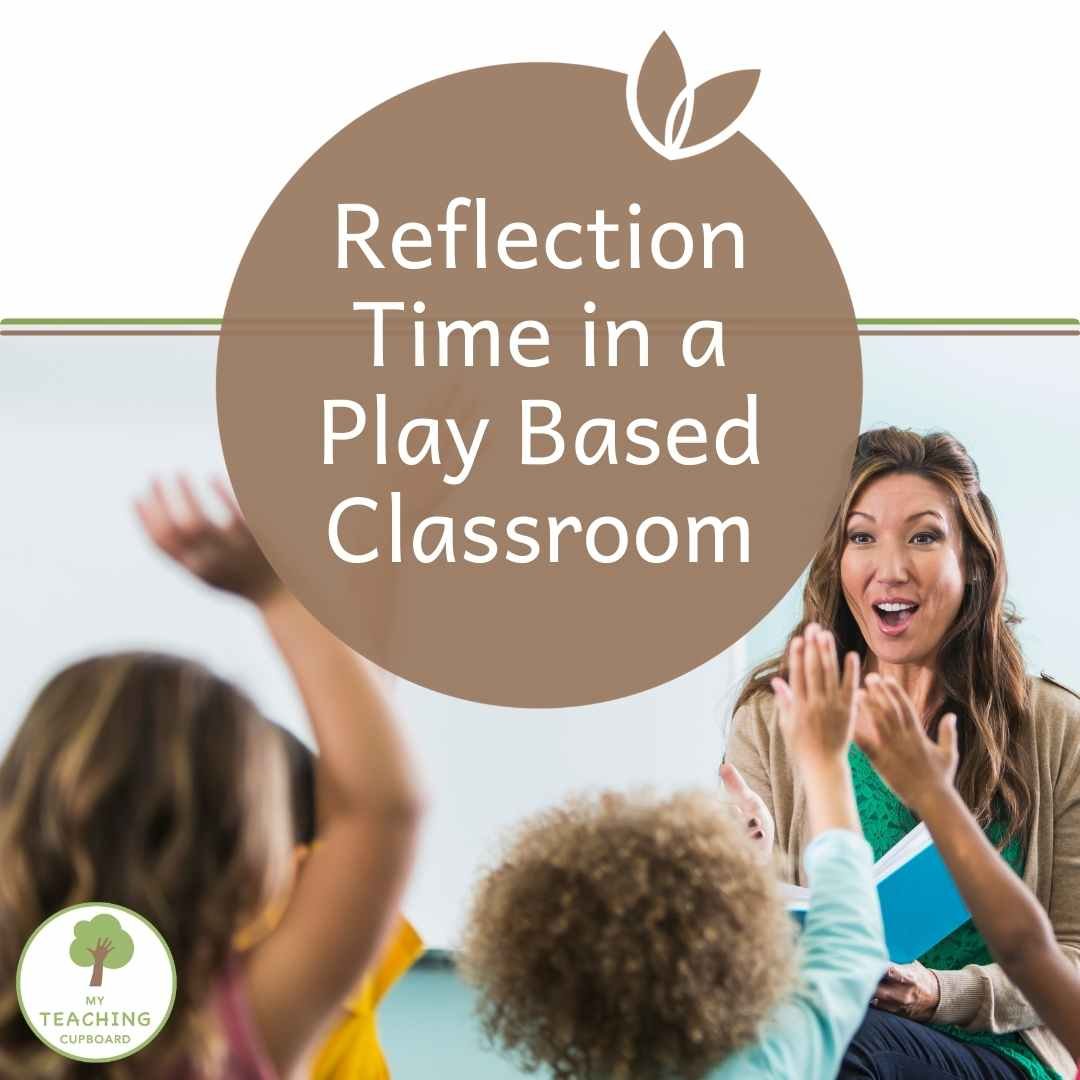
Why is reflection on learning so important?
The valuable gain of the play-based classroom is the time of reflection, which carries the scope of many various benefits that go well beyond the moment at hand.
In young children reflection assists them to construct meaning of their learning experiences, and provides them with the chance to be aware of their accomplishments and of how their play can be of value to them as part of their learning.
Students Realise Play is Valuable Learning Time
Yes.
Reflection time is the time that aids children in appreciating that they are playing purposefully and that their play matters.
When students are prompted to share and talk about what they played and discovered, it starts to make sense to them how the play they do relates to the bigger academic ideas that you are teaching.
Such validation is not only essential in boosting confidence among students as learners, but also in the future play investigations, making them purposeful and in the curriculum. The magic occurs when your children recognise that what they’re doing during play is not only fun-but-serious study time!
Reflective Promotes thinking, communication and self-awareness
By posing open questions and beg students to discuss their experiences in playing the games, you will lead the students to find their own words to describe what happened, discuss the decisions they made, and reality of the decision.
Giving children time to think rather than recite helps support deeper thinking whether discussing how they constructed a large structure or how they observe a science experiment. It is in this process that children end up connecting in a manner that they had not made in earlier periods.
Reflection Helps you Clear up the Misconceptions and Scaffold the Learning:
To a teacher, reflection time is priceless as it enables one to correct misunderstanding and guide on how to focus on the next learning experience.
Listening to your students express what they have learned gives you a chance to have insight into their grasp, or lack thereof, of important concepts.
For example, I remember a child talking about a tower they made during investigations at one of our reflections. He expressed confusion about balance and stability and that gave me the perfect opportunity to correct his misconceptions (and probably other student’s misconceptions) before introducing a lesson on those very topics later that day.
Reflection time is also an opportunity to identify areas where children need further support or extension, helping you to plan your next steps effectively.
In addition, reflection time is a vital tool for documenting and extending learning.By having a child share his or her findings with you, you will not only acquire skills in communication but also have an opportunity to collect important information about how one child or another is advancing.
These records can be noted down on your continuous assessment. Reflection can give an accurate account of the level of attainment of students in relation to curriculum objectives. This documentation, in turn, will give you a future direction as to your planning because you know that your lessons are responsive to the needs of your students.
Wondering how the concept of reflection plays out in the wider scheme of things in terms of play-based day? Read my blog post about How to Begin with Play-Based Learning.
It also provides more background as to how reflection is used to link investigations to explicit teachings.
A packaged teaching cupboard can turn out to be the magic that any teacher needs. But it is not only a space that stores things but the core room to prepare the classroom and a place where your attitude is shown through your resources. When done properly, it saves time, makes you less stressed and never unprepared to deliver a lesson.
1. Have a Succession Plan in Place:
Take a stock check of what you have before going to organise. Reorganise your resources supplies, books and manipulatives, stationery supplies, craft supplies, and teaching aids. Dispose of the duplicates or products that you have not used in more than a year. Through this step, space is created and things that are necessary become more visible.
Apply a checklist to identify items that should be restocked and items that can be re-purposed.
Place similar items in a cluster in order to locate them easily The common categories are:
Art & craft material (paints, scissors, coloured paper
Label each category in an easy to read manner so even students will be able to put things in the appropriate place.
